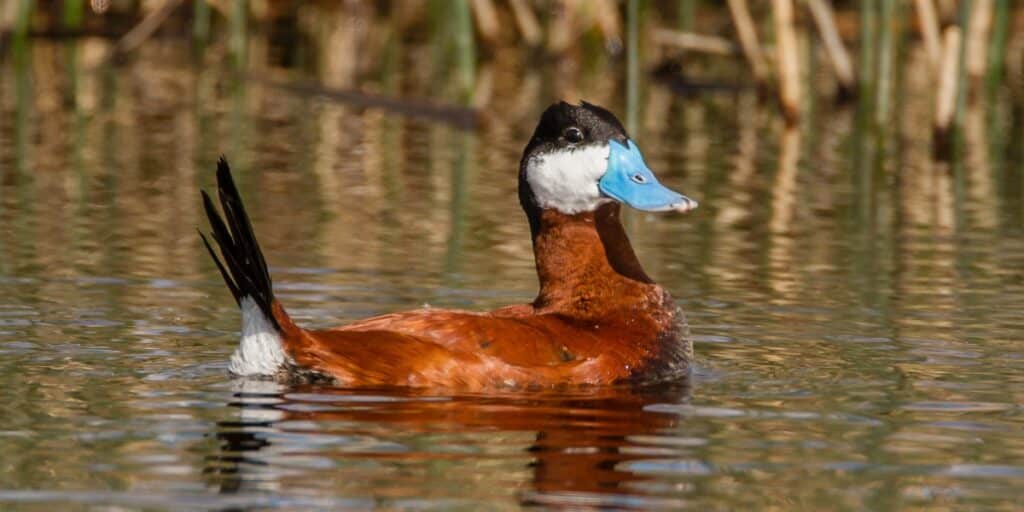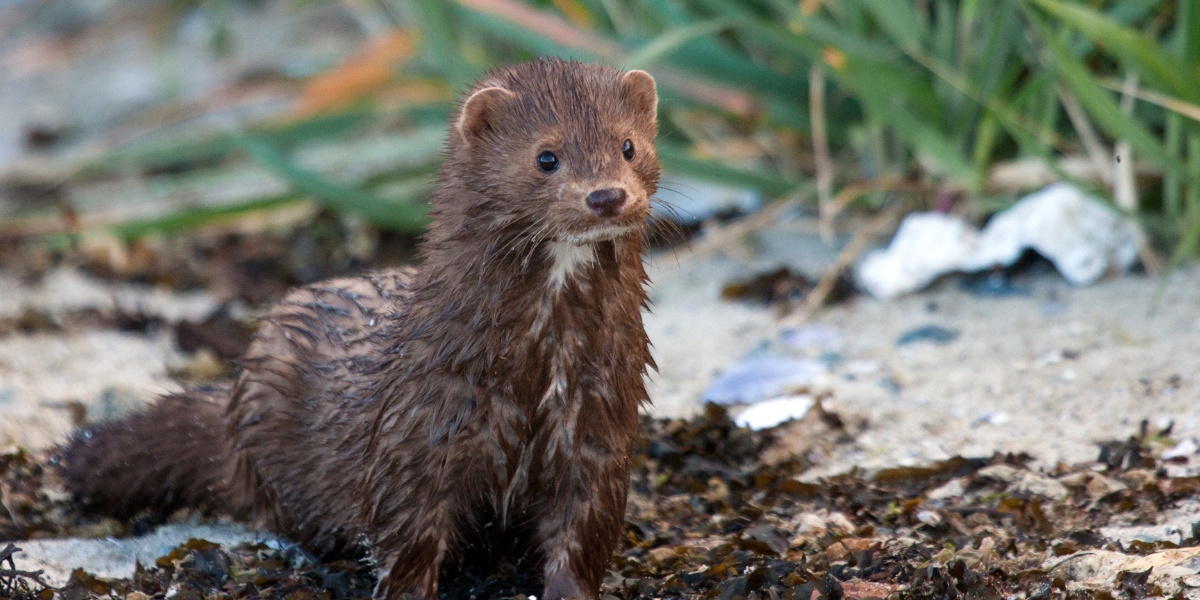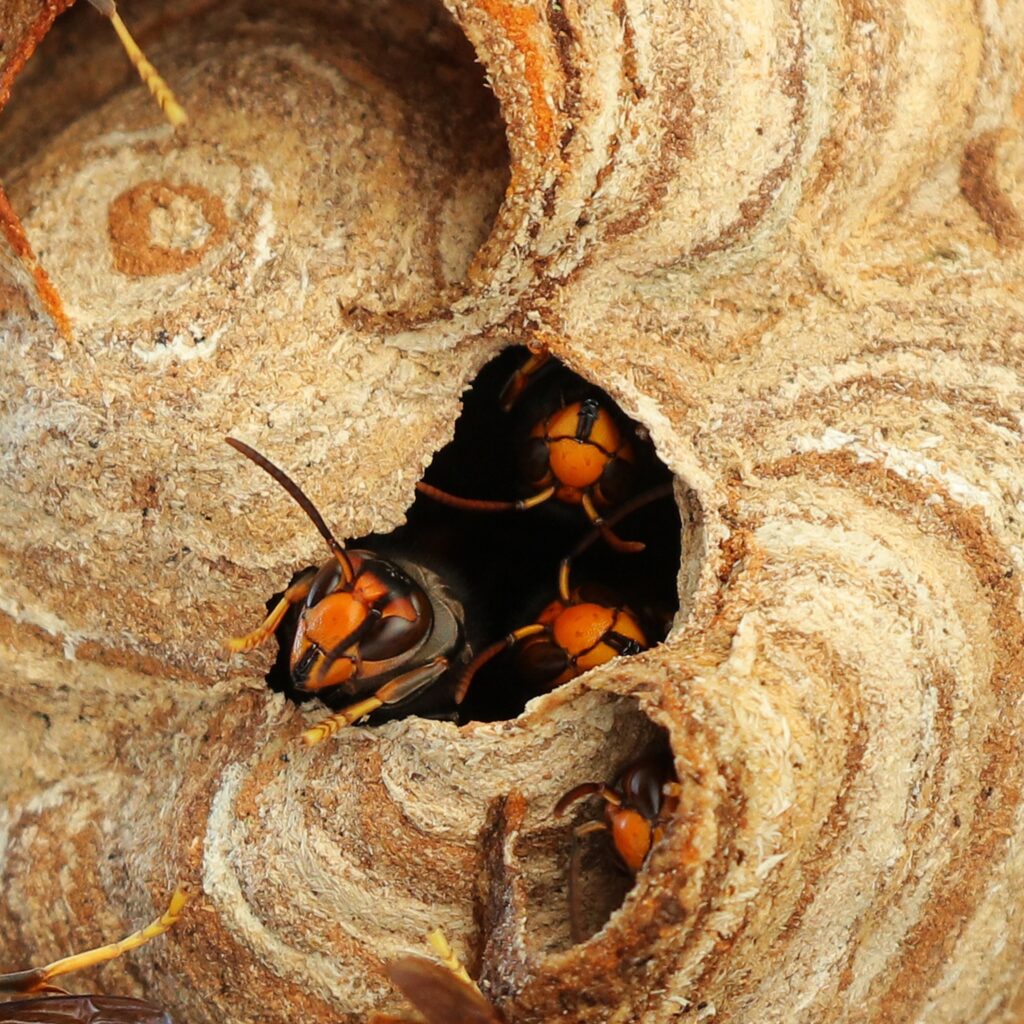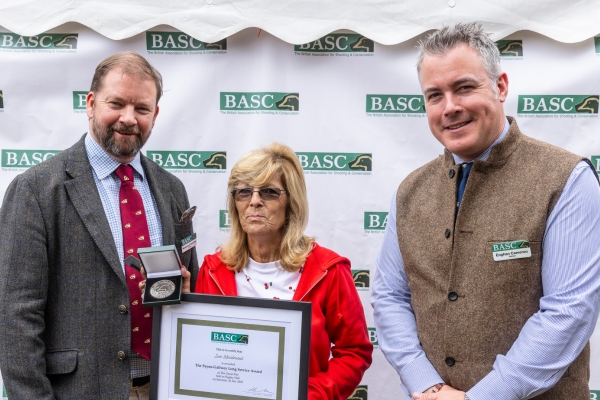
Invasive species ABC
Invasive non-native species pose a significant threat to biodiversity in the UK and cost the economy billions of pounds every year.
Get information on the legal shooting season for mammals and birds in the UK.
Apply for funding for your project or make a donation today
Comprehensive information and advice from our specialist firearms team.
Everything you need to know about shotgun, rifle and airgun ammunition.
Find our up-to-date information, advice and links to government resources.
Everything you need to know on firearms law and licensing.
All the latest news and advice on general licences and how they affect you.

When a wildlife trust in the south of England needed help with mink control, they knew who to contact.
Faced with a shortage of volunteers with the necessary skills to humanely trap and dispatch the invasive predators, along with problems accessing some waterways, they turned to their local BASC team.
The BASC South East England team swung into action. They first reached out to members who might have access to land and could help with trapping and dispatching. Then they quickly set up two mink courses in partnership with the Berkshire, Buckinghamshire, and Oxfordshire Wildlife Trust (BBOWT).
Designed to equip participants with essential skills, the course highlighted the impact of invasive mink on native wildlife. American mink are voracious predators, especially of vulnerable native UK species like water voles.
Due to the demand two courses were run on two different days, and more than 30 people took part. Each day included a classroom session covering mink biology, identification, and humane control methods. Attendees learnt about legal and effective traps, how to identify non-target species, and the ecological reasons for controlling mink.
Afterwards, participants moved outdoors for practical training. Guided by BASC and BBOWT staff, they learned to identify mink activity, set traps correctly and humanely dispatch trapped mink.
BASC South East regional officer Reece Dunn said: “Initiatives like this play a crucial role in controlling invasive species. This is vital to preserve the UK’s natural ecosystems for future generations. We were delighted to assist the BBOTW with their mink control programme. If any other wildlife trusts need a similar helping hand, they should get in touch with their local BASC team.”

Invasive non-native species pose a significant threat to biodiversity in the UK and cost the economy billions of pounds every year.

Asian hornet numbers are on the rise in the UK, presenting a significant threat for native pollinators and the overall health of our ecosystems.

With nominations open for the 2026 BASC honours and awards, we catch up with previous recipient of the Payne-Gallwey Long Service Award, Susan Maidment.